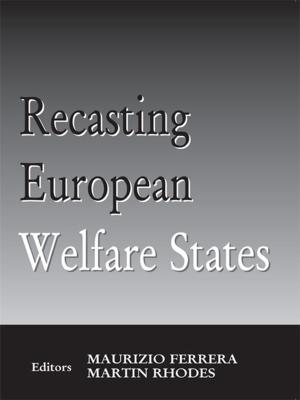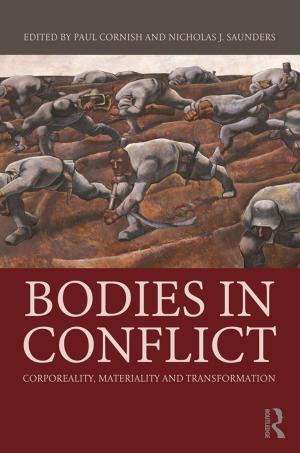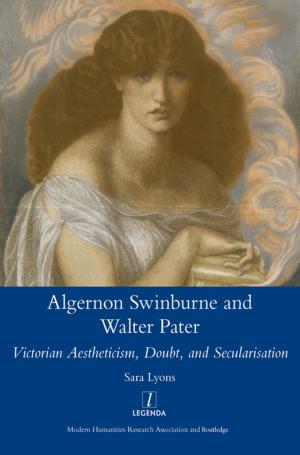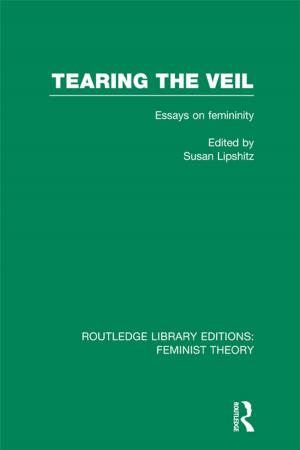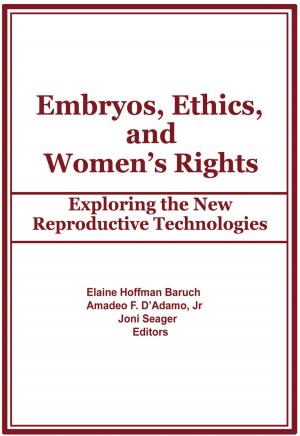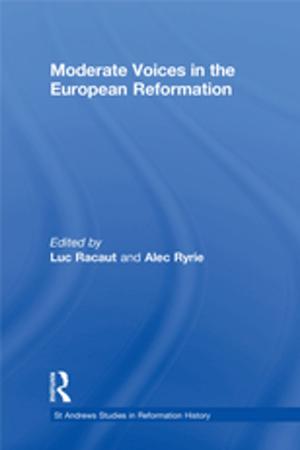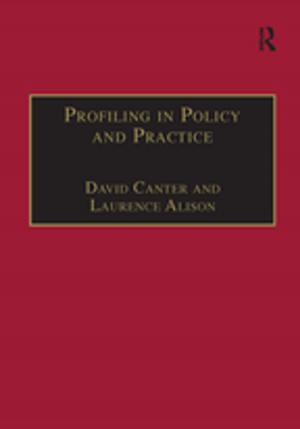The Three Estates
A Pleasant Satire in Commendation of Virtue and in Vituperation of Vice
Fiction & Literature, Literary Theory & Criticism| Author: | Nigel Mace | ISBN: | 9781351881142 |
| Publisher: | Taylor and Francis | Publication: | December 5, 2016 |
| Imprint: | Routledge | Language: | English |
| Author: | Nigel Mace |
| ISBN: | 9781351881142 |
| Publisher: | Taylor and Francis |
| Publication: | December 5, 2016 |
| Imprint: | Routledge |
| Language: | English |
This is the first ever English translation of Sir David Lindsay’s masterpiece of 16th-century Scottish political theatre, Ane Pleasant Satyre of the Thrie Estaitis in Commendatioun of Vertew and Vituperatioune of Vyce. The work’s importance lies in its status as a well-known piece of national literature, and as a historical document of interest to historians of Scottish and European court politics.The verse translation available here is of over 3,000 lines, in an edition which combines a historical and critical introduction with the possibilities of modern performance. Besides issues of text and translation, the introduction examines the background of Scotland in 1552, the author and his audience, the play’s performance history and its position as a Renaissance text. A work on a grand scale with a cast of over 40, the play confronts and resolves the ill-counselled, misrule of young King Humanity through the intervention, not only of King Correction and of learned contemporaries, but also through the fearless condemnations of the Poor Man and the political resolution of John The Common Weal. Its conclusions are humanly centred, popularly representative and yet strikingly realistic. They, and their manner of expression, make an ideal object for the study of a society poised between the pluralism of the Renaissance and the rigour of the Reformation.
This is the first ever English translation of Sir David Lindsay’s masterpiece of 16th-century Scottish political theatre, Ane Pleasant Satyre of the Thrie Estaitis in Commendatioun of Vertew and Vituperatioune of Vyce. The work’s importance lies in its status as a well-known piece of national literature, and as a historical document of interest to historians of Scottish and European court politics.The verse translation available here is of over 3,000 lines, in an edition which combines a historical and critical introduction with the possibilities of modern performance. Besides issues of text and translation, the introduction examines the background of Scotland in 1552, the author and his audience, the play’s performance history and its position as a Renaissance text. A work on a grand scale with a cast of over 40, the play confronts and resolves the ill-counselled, misrule of young King Humanity through the intervention, not only of King Correction and of learned contemporaries, but also through the fearless condemnations of the Poor Man and the political resolution of John The Common Weal. Its conclusions are humanly centred, popularly representative and yet strikingly realistic. They, and their manner of expression, make an ideal object for the study of a society poised between the pluralism of the Renaissance and the rigour of the Reformation.



